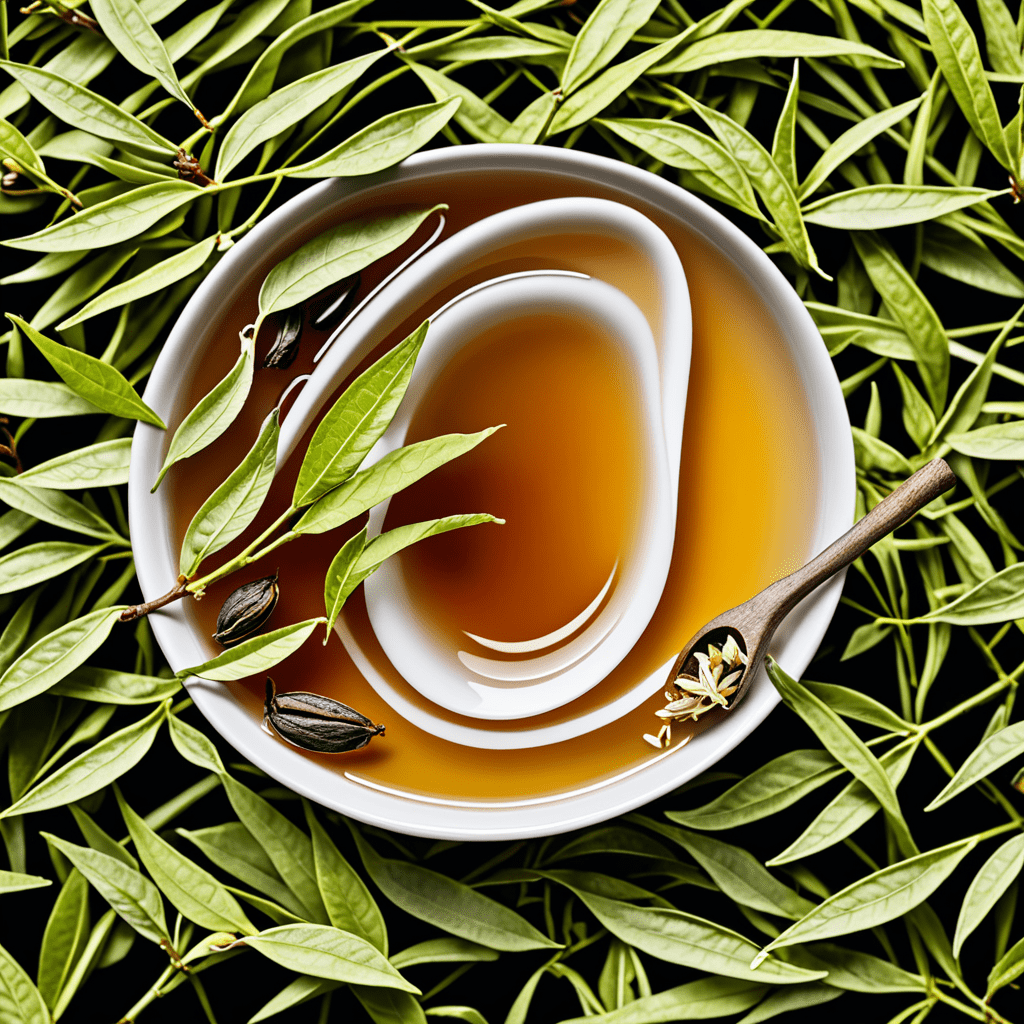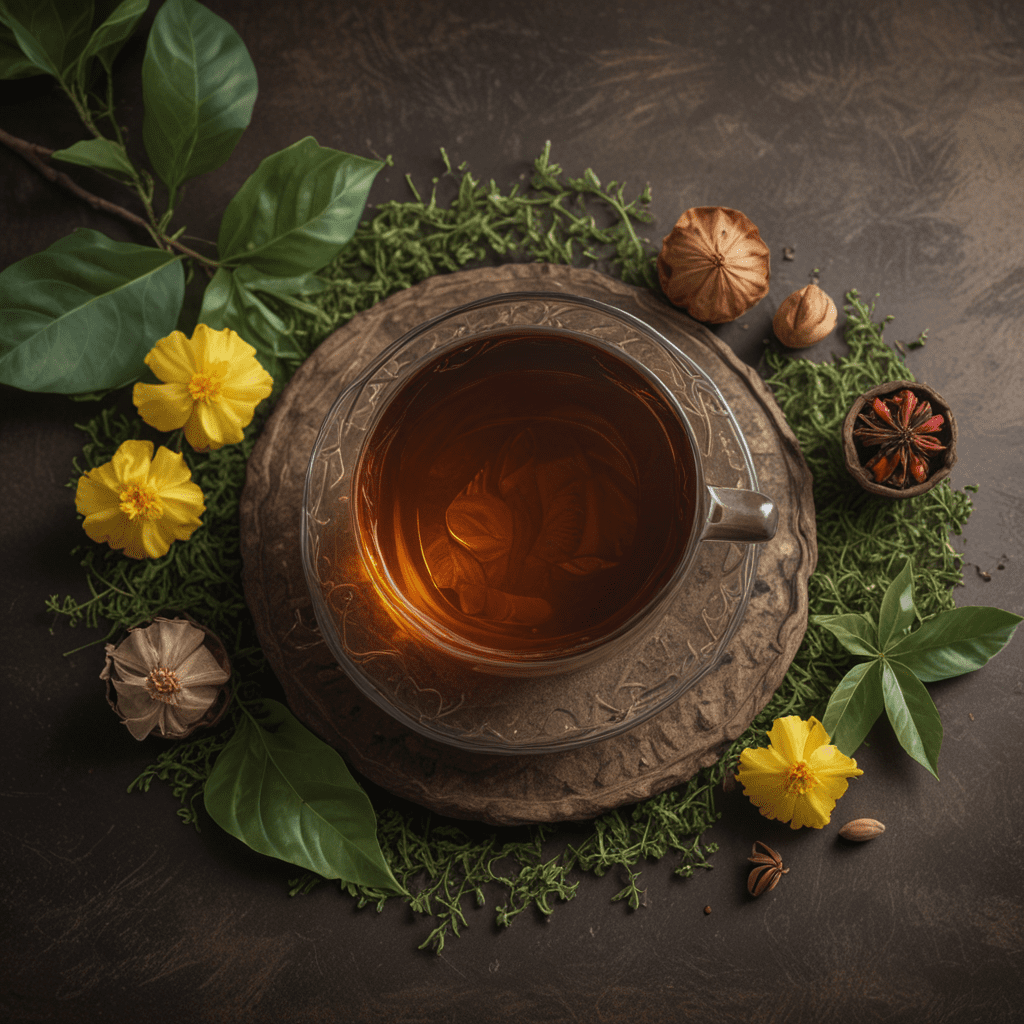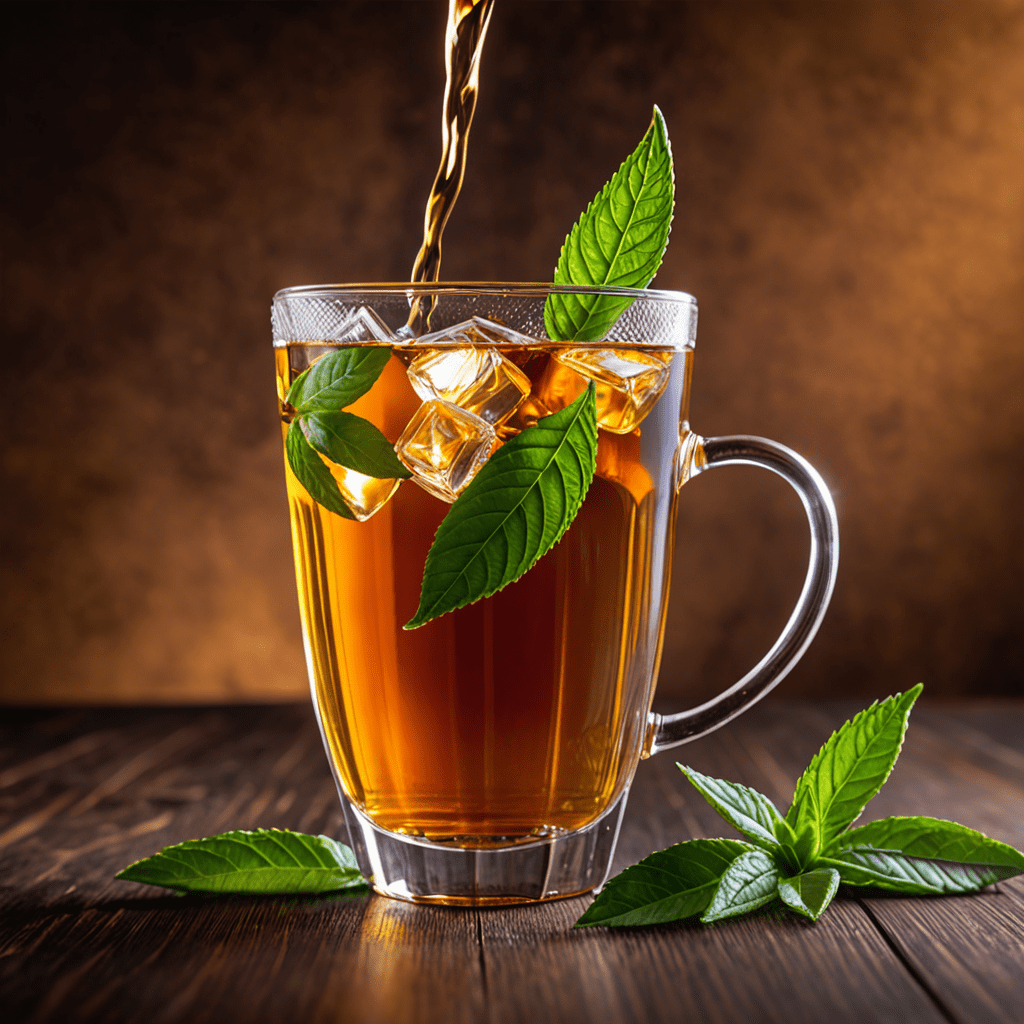
White Tea: A Refreshing Twist on Traditional Teas
White tea, known for its delicate flavor and numerous health benefits, offers a refreshing twist on traditional teas. From its unique processing to its potential health advantages, white tea continues to gain popularity among tea enthusiasts worldwide.
The Origins of White Tea
Originating from China, white tea is harvested from the young leaves and unopened buds of the Camellia sinensis plant. Unlike black or green tea, white tea undergoes minimal processing, allowing it to retain its natural properties.
Processing Techniques
White tea leaves are carefully selected and withered under controlled conditions. They are not oxidized or rolled, preserving the natural appearance of the leaves. This gentle process contributes to the subtle and smooth flavor of white tea.
Flavor Profile
White tea is celebrated for its light and delicate taste, often described as sweet and floral with subtle hints of fruit. Its mild flavor makes it a versatile choice for both new and experienced tea drinkers.
Health Benefits
Rich in antioxidants, white tea is believed to promote overall well-being. Studies suggest that it may support heart health, aid in weight management, and contribute to healthy skin. Its low caffeine content also makes it a suitable choice for those seeking a gentler energy boost.
Popular Varieties
Some popular varieties of white tea include Silver Needle, White Peony, and Long Life Eyebrow. Each type offers its own unique flavor and aroma, providing tea connoisseurs with a diverse range of options to explore.
Enjoying White Tea
Whether brewed hot or enjoyed as an iced beverage, white tea offers a delightful drinking experience. Many enthusiasts appreciate its simplicity and versatility, often savoring it without the need for added sweeteners or flavorings.
Embracing White Tea
As the love for white tea continues to grow, more individuals are discovering and embracing this exquisite beverage. Its gentle nature, coupled with its potential health benefits, positions white tea as a delightful addition to any tea collection.
FAQ About White Tea
What is white tea?
White tea is a type of tea that is minimally processed, made from the delicate, young leaves and buds of the Camellia sinensis plant.
What sets white tea apart from other teas?
White tea is known for its subtle, sweet flavor and light color. It contains high levels of antioxidants and has minimal caffeine content.
How is white tea different from green tea?
White tea undergoes minimal processing, while green tea is lightly steamed or pan-fired to stop oxidation. This results in a lighter flavor and color for white tea compared to green tea.
What are the health benefits of white tea?
White tea is rich in antioxidants, which can help protect the body from oxidative stress. It may also support cardiovascular health and promote healthy aging.
How should white tea be brewed?
To brew white tea, use water that is around 175°F (80°C) and steep the leaves for 1-3 minutes. The delicate nature of white tea requires a gentle approach to brewing.


